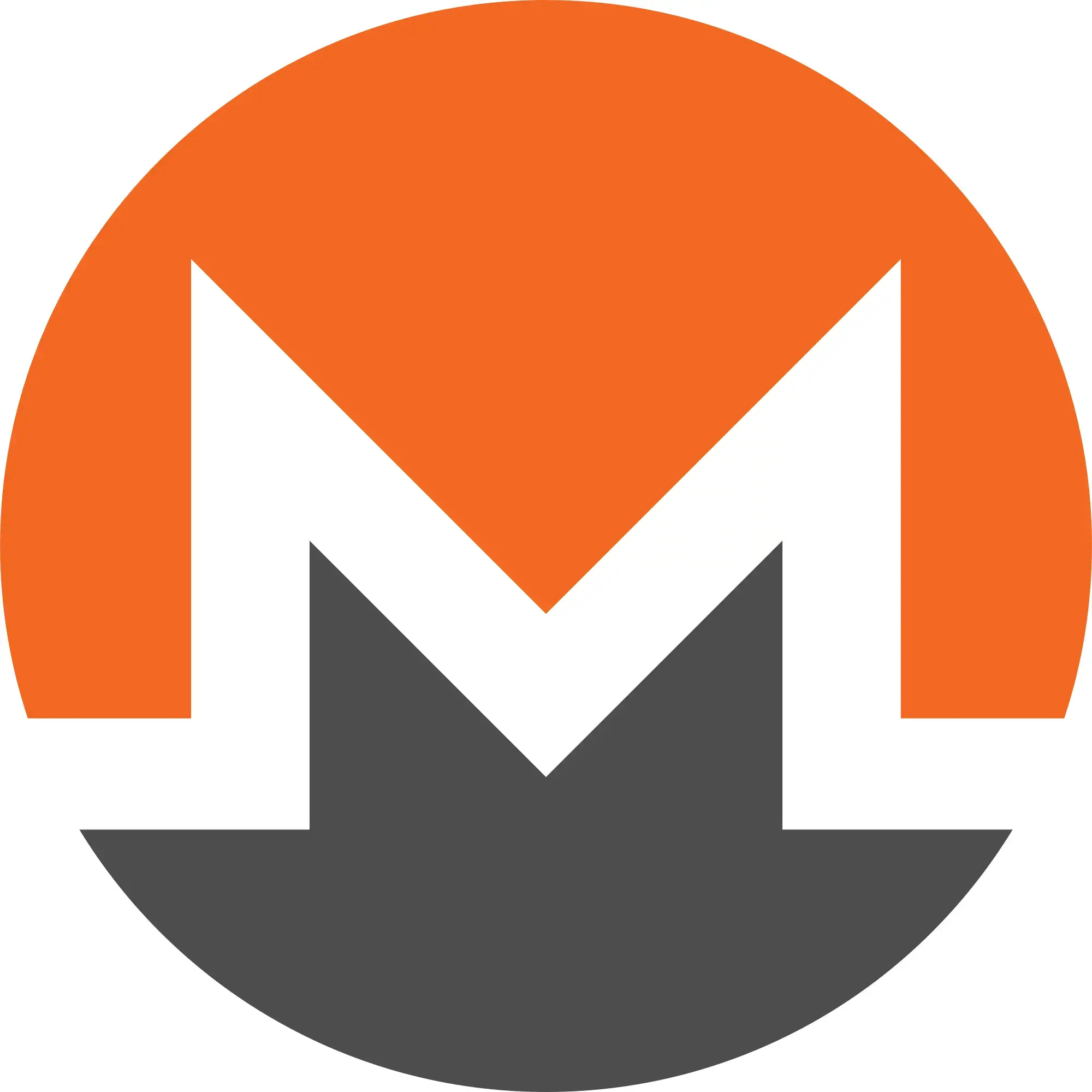Hi all,
Tommy from AllArk here.
We have finally grown to a point that we are looking for support staff on Reddit (possibly twitter)
The basic qualifications needed are pretty simple
-
Enough Karma to post on major crypto subs
-
Ability to push out promo threads
-
Polite and unbelievably based 😍
Please message us on Session to apply. Our contact details are front and centre’s on the website.
You can easily make $100 - $200 - $500/month just posting on Reddit a few times a month and answering questions. Payment is per-post and posts are approved by us.
Hope you have a great day!
Tommy from AllArk


Umm…we pay in XMR. No one can take your XMR. :)
Tommy from AllArk
Do you know why this happened to tether? All tether on polygon was removed. If it can happen with tether I see no reason why it can’t happen with XMR.
https://tether.to/en/transparency/#usdt
This is a good reason to not trust random shitcoins like tether and XMR
Have you guys considered paying in BTC or ETH instead?
While we are big fans of both BTC and ETH, we appreciate the financial privacy that comes with XMR for operations. :)
Tommy from AllArk
Fascinating. How does XMR offer better “financial privacy” over existing cryptos like USDT, BTC and ETH? Sounds like just marketing buzzwords to me.
Tell me how XMR is immune from crypto custody.
https://www.coindesk.com/learn/what-is-crypto-custody/
https://www.getmonero.org/get-started/faq/#anchor-different
Monero is a community project with no incentive for marketing buzzwords
If he wanted to know this - he would have searched it (or read a wikipedia article about xmr). You are feeding a troll (or a very dumb person)
Maybe you haven’t had your funds taken into custody yet. And by your funds, I mean the wallet that might host all the XMR for that network. Such is the case currently for polygon and USDT. It’s called crypto custody and I see no reason yet why XMR (another ERC20 token) would be immune.
https://www.coindesk.com/learn/what-is-crypto-custody/
Get your head out of your ass.
XMR is not some crap ERC20 token. It is actually what you think BTC is.
Yet not immune to freezes I see.
Assuming that you’re not joking… what you’re wondering is actually very important: the difference between so-called custodial wallets (aka hosted wallets, web wallets) and non-custodial wallets (aka unhosted wallets, self-hosted wallets). I think at least a few people have their Monero in so-called custodial wallets with CEX, and they do have that risk you’re talking about.
Mathematically, a “wallet” is just a secret key. It’s a random-looking big number (better known as seed words). If you’re familiar with PGP or SSH, it should be obvious for you that you don’t share your secret key (private key) with anyone else. You’ll generate your key pair locally, and only share your public key. If you do that, no one but only you can control your key. It’s like a password. The same is true about cryptocurrencies. You’re not supposed to share your secret key (your “wallet”), be it Bitcoin or Monero. There may be some exceptions, but normally it’s cryptographically absurd to let someone else “host” your secret key while you don’t have “your” own key. In such a situation, “your” wallet is not even yours to begin with.
On the other hand, if you have your own secret key (as you should), then it’s computationally secure, meaning it’s believed to be hard to “crack” your wallet.
Being computationally secure does not mean it’s absolutely secure. In real world, there are non-mathematical attacks too (e.g. physical, political, legal). So you’re right. Anything is not perfectly secure. But if you have your own key and no one else even knows that you have some Monero (i.e. no-KYC), then you see it’s not easy for anyone to steal or freeze your Monero. This comment has nothing to do with whether or not I support AllArk.
I am not joking nor am I talkiny about custodial wallets. Rather, my wallet was non custodial (rainbow wallet). My funds were on polygon, in a pool on quickswap. Suddenly the pool was closed and all USDT on polygon was gone. This happened a few months ago and I doubt I will ever see my money again. A stablecoin custodian froze the funds… all USDT on polygon, and lots more on other networks. Again… my wallet was non custodian but the wallet that held all funds for USDT on polygon (not my wallet obviously) was frozen.
I am asking how XMR offers financial security over other existing ERC20 tokens. I am asking if XMR can be removed like other ERC20 coins and so far the internet is saying yes. But, I am trying to ask the person making the claims.
https://www.coindesk.com/learn/what-is-crypto-custody/
LOL, BTC/ETH is trash compared to XMR.
Not trash, just different. It’s not Monero or nothing, there’s place for multiple crypto and multiple use cases.
This is in the context of money. BTC and ETH have uses but currency is not one of them.
You can pay with those, and most payments are made in BTC. It looks like money to me.
Unless the mempool is backlogged then you cannot pay with those.
Yea well that’s a thing that happens with some cryptos, but you don’t always need the transaction to go through immediately.
Yes, cryptos that are not designed to be used as currency. Hence Monero.
XMR is an ETH your argument is invalid.
You are ignorant. XMR has nothing to do with ETH.
What?